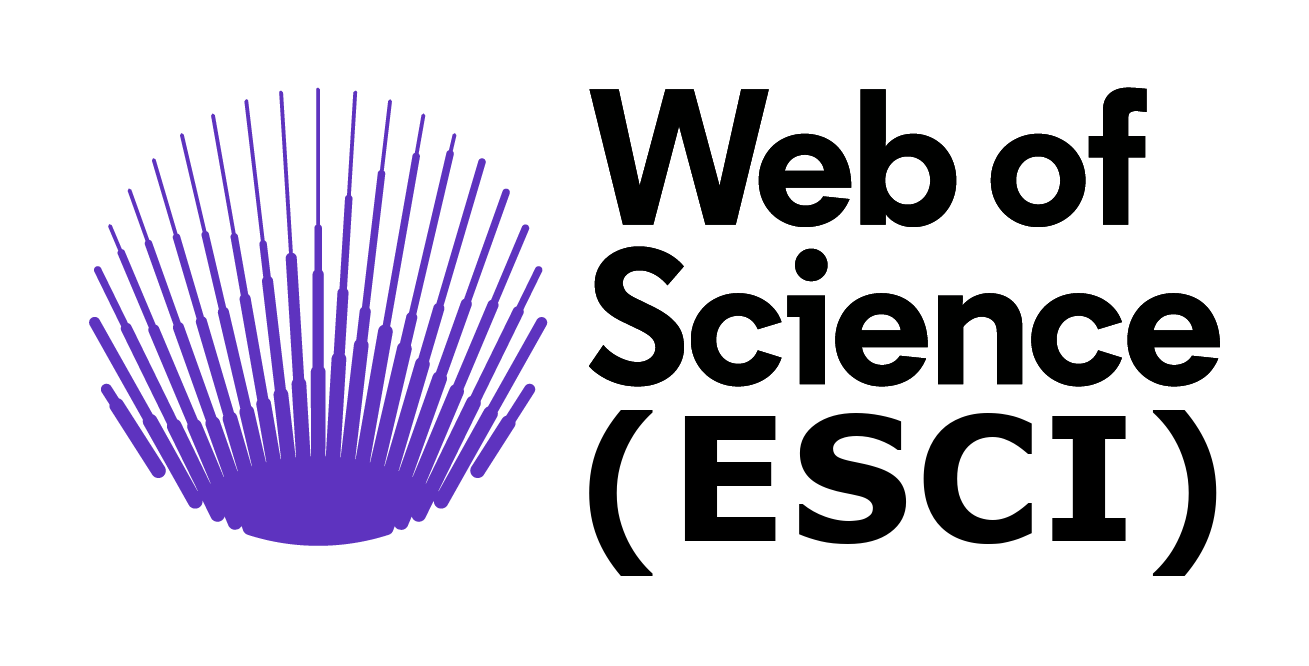Un modelo matemático para la reducción del tiempo de compostaje
DOI:
https://doi.org/10.29019/enfoqueute.v5n2.38Palabras clave:
compostaje, digestión, optimización, residuos, materia orgánicaResumen
(Recibido: 2014/05/12 - Aceptado: 2014/06/27)
El medio ambiente es todavía afectado por el uso inadecuado de residuos orgánicos aunque una cultura de reciclaje y aprovechamiento ha sido promovida en Ecuador para disminuir la huella de carbono. El compostaje, técnica de digestión de materia orgánica, la cual tradicionalmente demora entre 16 y 24 semanas, es todavía ineficiente de aprovechar. Es por esto que, el presente trabajo se refiere a la optimización del proceso de compostaje tanto en calidad como en el tiempo de producción. Las variables estudiadas fueron: tipo de residuo (frutas y vegetales) y tipo de bioacelerador (levaduras y microorganismos autóctonos). Mediante el Diseño Factorial Completamente Aleatorio 22 (DFCA) se obtuvo un compost de calidad en 7 semanas de procesamiento. Los factores de control como temperatura, densidad, humedad, pH, relación carbono-nitrógeno permitieron comprobar las mejores condiciones para el compostaje en la comunidad San Gabriel del Baba (Santo Domingo de los Colorados, Ecuador). Como resultado de este estudio se obtuvo un modelo matemático de superficie que explica la relación entre la temperatura y el tiempo de digestión de la materia orgánica.
Descargas
Publicado
Número
Sección
Licencia
Los autores retienen todos sus derechos (© copyright).
- Los autores retienen sus derechos de marca y patente, y también sobre cualquier proceso o procedimiento descrito en el artículo.
- Los autores retienen el derecho de compartir, copiar, distribuir, ejecutar y comunicar públicamente el artículo publicado en Enfoque UTE (por ejemplo, colocarlo en un repositorio institucional o publicarlo en un libro), siempre que se dé el reconocimiento de su publicación inicial en la revista Enfoque UTE.
- Los autores retienen el derecho a hacer una posterior publicación de su trabajo, de utilizar el artículo o cualquier parte de aquel (por ejemplo: una compilación de sus trabajos, notas para conferencias, tesis, o para un libro), siempre que indiquen la fuente de publicación (autores del trabajo, revista, volumen, número y fecha).
























